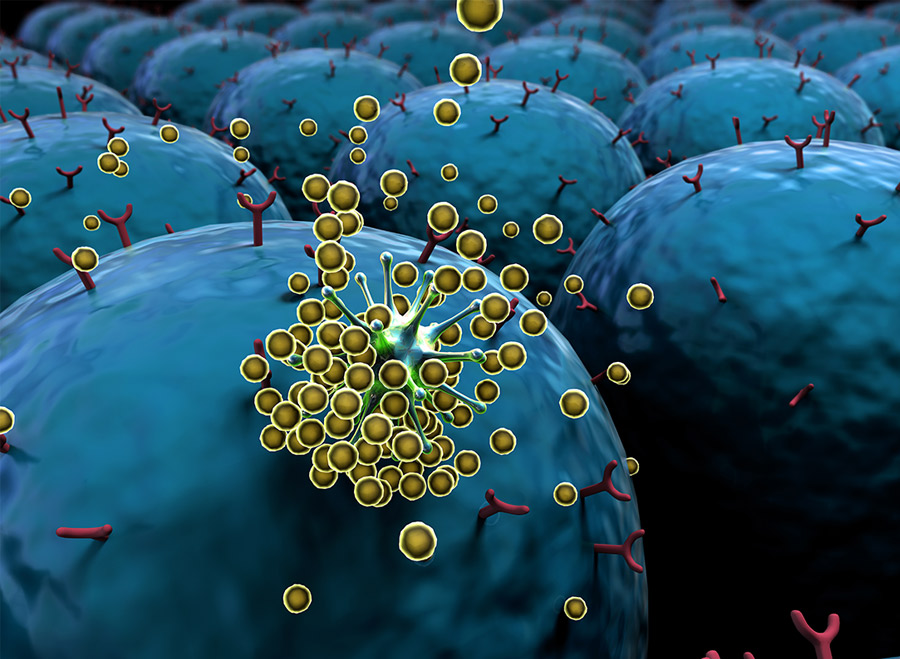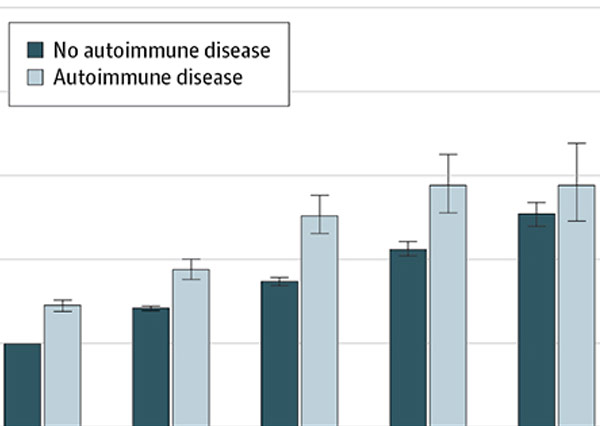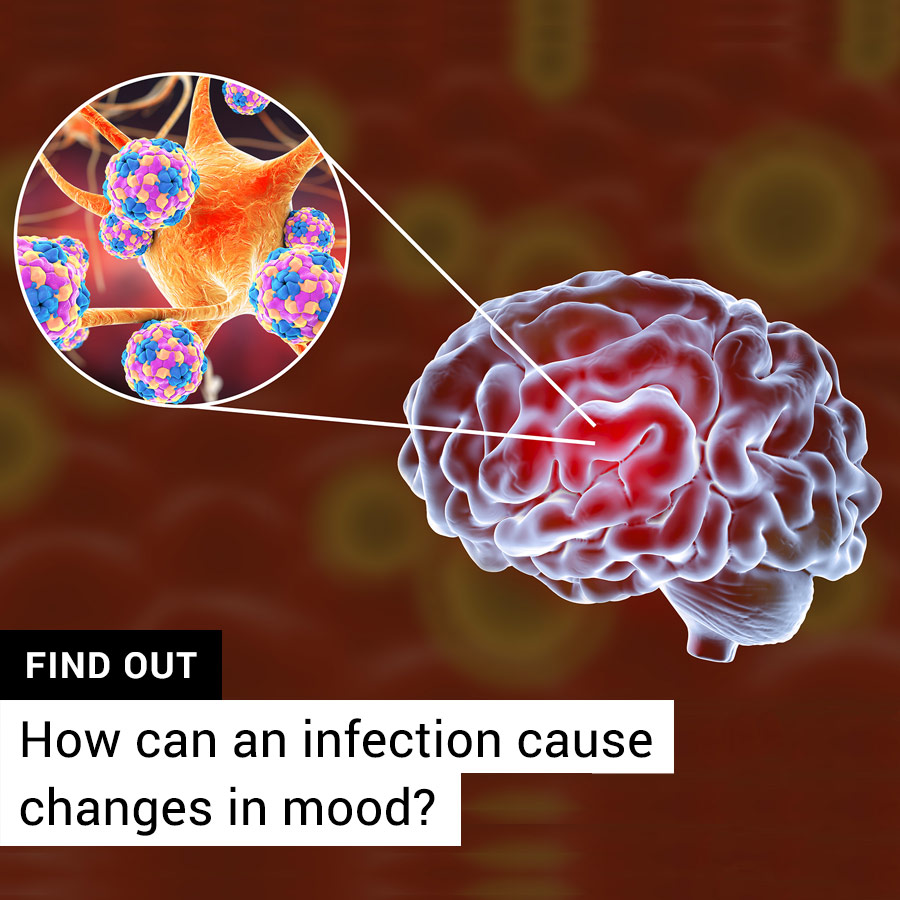Mood Changes
Mood disorders: Why antidepressants aren’t working
Depression is characterized by a persistent feeling of sadness or loss of interest in things. Bipolar disorder, also referred to as manic depression, is characterized by sudden and dramatic changes in mood and energy levels. These mood changes can happen rapidly, leaving individuals feeling euphoric (mania) one moment, then down and out (depression) the next. 2
Antidepressants not working: it may be an immune dysfunction
Patients with these symptoms often succumb to a long process of trial and error to determine which, if any, antidepressants work for them. When patients find that their antidepressants or other medications aren’t working, they may be considered as having a “treatment resistant” illness. 1
There are various reasons why antidepressants aren’t working for some people. Patients may be treatment resistant because of an inadequate dosage of medication, patient nonadherence, intolerable adverse effects or an incorrect diagnosis. 3
In fact, researchers believe a subset of patients with mood disorders, who may be diagnosed with a psychiatric illness, may have an infection-driven autoimmune disorder instead. Mounting evidence indicates that infections and an abnormal immune response are associated with mood disturbances and changes in personality and behavior.
Autoimmune condition mimics depression and mood disorders
Some people who exhibit symptoms that mimic depression and bipolar disorder may actually have a treatable autoimmune dysfunction, triggered, in part, by an infection(s). These individuals may be experiencing an autoimmune dysfunction, rather than a standard psychiatric illness.
Bipolar disorder usually appears between the ages of 15 and 25. It is rare in young children and older adults. Only 10% of patients develop late-onset bipolar disorder (after age 50). 4 Therefore, people who exhibit symptoms of bipolar disorder at an early or late age may want to check with their doctor on whether they may have an infection-triggered autoimmune dysfunction.
- Ionescu DF, Rosenbaum JF, Alpert JE. Pharmacological approaches to the challenge of treatment-resistant depression. Dialogues Clin Neurosci. 2015;17(2):111–126. https://www.ncbi.nlm.nih.gov/pmc/articles/PMC4518696/
- Benedetti F, Aggio V, Pratesi ML, Greco G, Furlan R. Neuroinflammation in Bipolar Depression. Front Psychiatry. 2020;11:71. Published 2020 Feb 26. doi:10.3389/fpsyt.2020.00071 https://www.ncbi.nlm.nih.gov/pmc/articles/PMC7054443/
- Tundo A, de Filippis R, Proietti L. Pharmacologic approaches to treatment resistant depression: Evidences and personal experience. World J Psychiatry. 2015;5(3):330-341. doi:10.5498/wjp.v5.i3.330 https://www.ncbi.nlm.nih.gov/pmc/articles/PMC4582308/
- Prabhakar D, Balon R. Late-onset bipolar disorder: a case for careful appraisal. Psychiatry (Edgmont). 2010;7(1):34–37. https://www.ncbi.nlm.nih.gov/pmc/articles/PMC2848458/
- Rosenblat JD, McIntyre RS. Bipolar Disorder and Immune Dysfunction: Epidemiological Findings, Proposed Pathophysiology and Clinical Implications. Brain Sci. 2017;7(11):144. Published 2017 Oct 30. doi:10.3390/brainsci7110144 https://www.ncbi.nlm.nih.gov/pmc/articles/PMC5704151/

“Immune dysfunction likely plays a role in a subset of patients with bipolar disorder.” 2
Learn more about how infections can trigger neuropsychiatric symptoms

Cunningham Panel™ helps identify an autoimmune disorder in child initially diagnosed with schizophrenia
Researchers describe a complex case involving a 15-year-old girl, who abruptly developed multiple neurologic and psychiatric symptoms.

Autoimmune diseases and severe infections as risk factors for mood disorders: a nationwide study
This nationwide, population-based, prospective cohort study examines the link between mood disorders, infections, and autoimmune disease.

Childhood infections can increase risk of mental illness in kids
Nationwide study finds both mild and severe infections can increase risk of mental disorders in children and adolescents.









